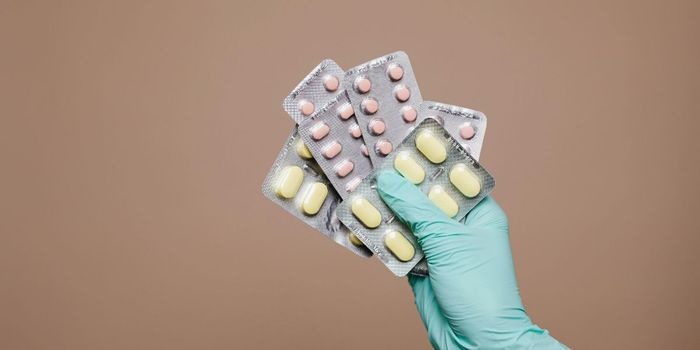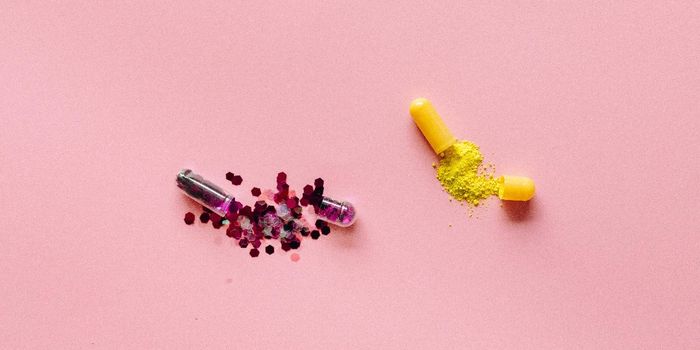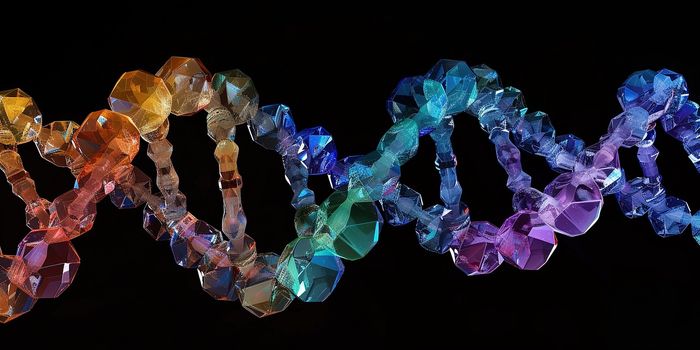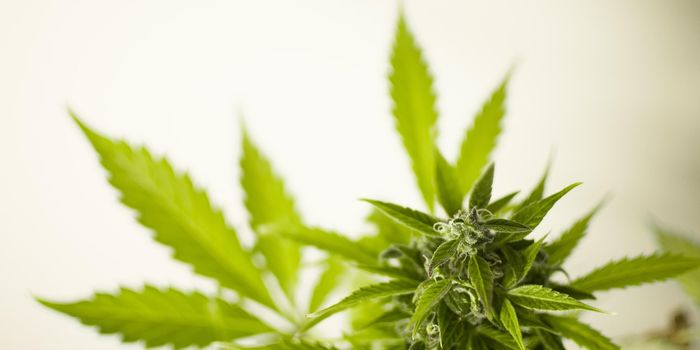Antibiotics Reduce Motivation to Exercise in Mice
Antibiotics may decrease athletes' motivation and endurance via effects on the microbiome. The corresponding study was published in Behavioral Processes.
"We believed an animal's collection of gut bacteria, its microbiome, would affect digestive processes and muscle function, as well as motivation for various behaviors, including exercise," said Theodore Garland, UCR evolutionary physiologist in whose lab the research was conducted. "Our study reinforces this belief."
For the study, the researchers gave two groups of mice antibiotics for ten days. One group was bred for high levels of running, whereas the other consisted of more 'casual exercisers'. After the treatment, the researchers noted that neither group experienced sickness behavior.
They noted, however, that wheel running in the athletic mice was reduced by 21%, whereas casual exercisers were unaffected. The researchers further found that the athletic mice did not recover training behavior for 12 days after their antibiotic treatment.
The researchers suspected that changes in the mices' microbiomes might have influenced these changes. Analyses of fecal samples from both groups of mice after ten days of antibiotics confirmed that both underwent reduced levels of gut bacteria.
"A casual exerciser with a minor injury wouldn't be affected much. But on a world-class athlete, a small setback can be much more magnified," said Monica McNamara, UCR evolutionary biology doctoral student, and the paper's first author. "That's why we wanted to compare the two types of mice."
To explain the findings, the researchers said that gut bacteria transform carbohydrates into chemicals that fuel muscles. Fewer bacteria from antibiotic use inevitably leads to less fuel, and thus reduced muscle performance.
While increased levels of exercise are linked to better health outcomes across mental and physical health, finding effective ways to promote more exercise has historically been a challenge.
In future research, the researchers aim to identify the specific bacteria behind increased athletic performance. They said that identifying these bacteria could lead to the development of therapeutics that help people exercise more.
The researchers also noted that previous studies demonstrate that the western diet, which is high in fat and sugar, has a negative effect on gut biodiversity. While further studies are needed, they noted that these effects might, in turn, impact athletic ability and motivation to exercise.
Sources: Science Daily, Behavioral Processes









